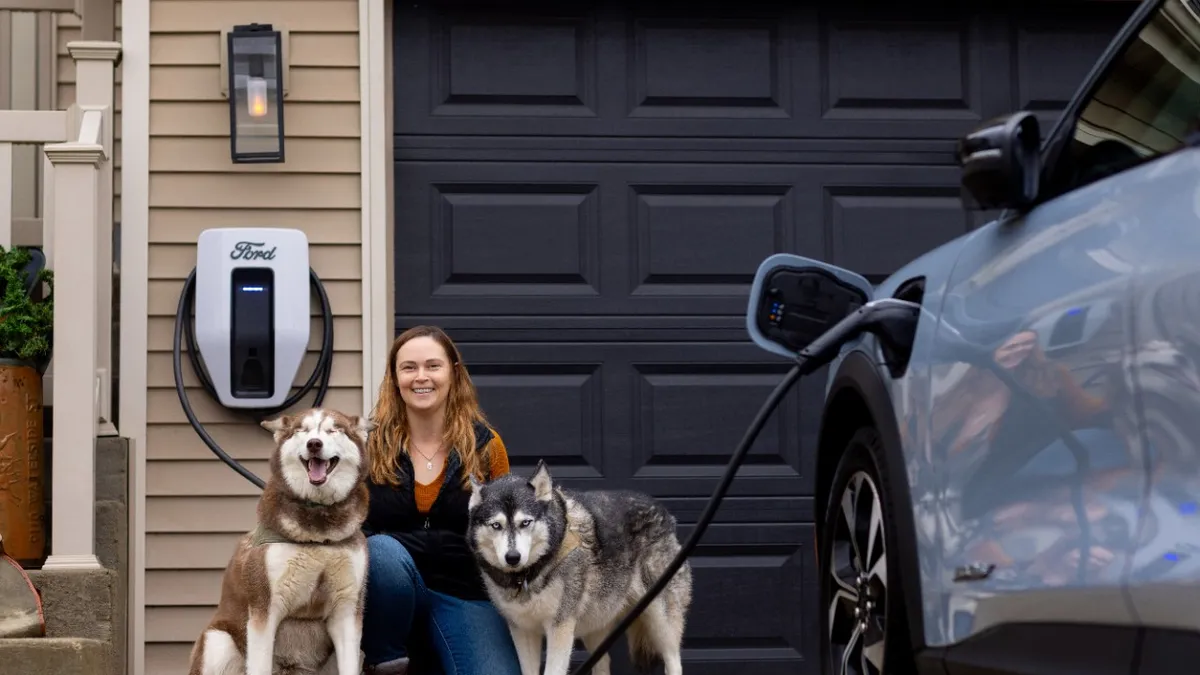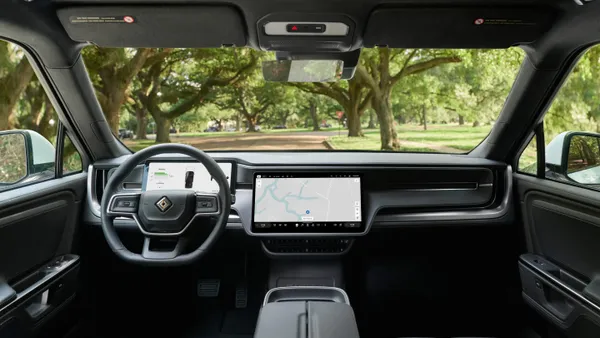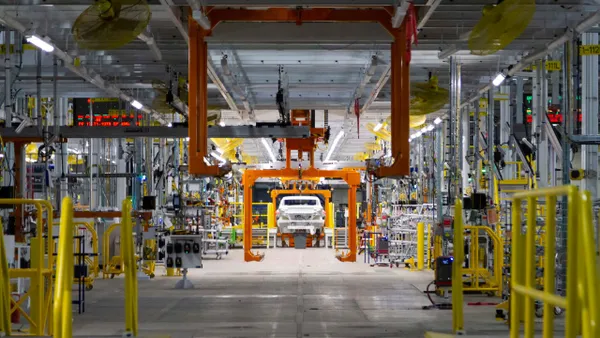Consumer confidence in autonomous vehicle technology is increasing but there is still room for improvement, according to a new J.D. Power report.
With automakers including General Motors Co. and Ford Motor Co. testing self-driving vehicles on public roads, consumers are warming to the technology, but overall confidence remains low, according to J.D. Power’s 2024 U.S. Mobility Confidence Index Study released last month. The study was prepared by J.D. Power in collaboration with the MIT Advanced Vehicle Technology Consortium.
Consumer readiness for AVs declined in 2022 and 2023, but improved from 37 points (on a 100-point scale) in 2023 to 39 points in 2024.
“This year’s improvement is minimal because there are still many unmet needs required to boost consumer confidence,” Lisa Boor, senior manager of auto benchmarking and mobility development at J.D. Power, said in a statement.
The study revealed that 83% of respondents said they want to see more AV safety data before taking a ride, with 86% stating they wanted the ability to take the wheel if necessary. Additionally, parents of teenage drivers indicated that they would be twice as comfortable allowing their child to drive the family car over riding in a self-driving taxi.
“Repeated and consistent reporting of safety findings over time — with independent oversight — will aid acceptance,” Boor said. She added that other consumer concerns with AV technology include insurance costs and data security.
For instance, over half of respondents (57%) believe that AV owners will need liability insurance.
On the data privacy front, 64% of study respondents were concerned that AV data collection would not be secure. In addition, 40% indicated that the strength of an auto brand’s data privacy policy compared to other brands could factor into future car shopping decisions.
“Consumers are increasingly concerned with data privacy and this study shows a strong link to fully automated self-driving vehicles,” Bryan Reimer, AgeLab research scientist at the MIT Center for Transportation and Logistics and a founder of MIT’s AVT Consortium, said in a statement.
He explained that consumers’ data privacy concerns may affect their comfort with AV technology.
“Data security and transparency regarding data use are becoming increasingly important as a foundation for building trust in technology and connected digital solutions,” Reimer said.
General Motors has been embroiled in legal battles over claims it illegally collected and sold driver data that was used by insurance companies to alter drivers’ premiums. But the automaker is not alone, as 25 other companies also face scrutiny over inadequate data protection practices, a 2023 Mozilla Foundation study found.
The August 2024 J.D. Power study was developed through online survey responses from a national sample of 3,000 U.S. vehicle owners. Respondents were asked about their potential comfort with both personal and commercial AVs, including fully automated public transit vehicles. They were also asked about reservations riding in an AV if they were unable to drive due to an injury, sharing the road with other company testing on public roads and purchase intent of a vehicle with some level of self-driving capabilities.











